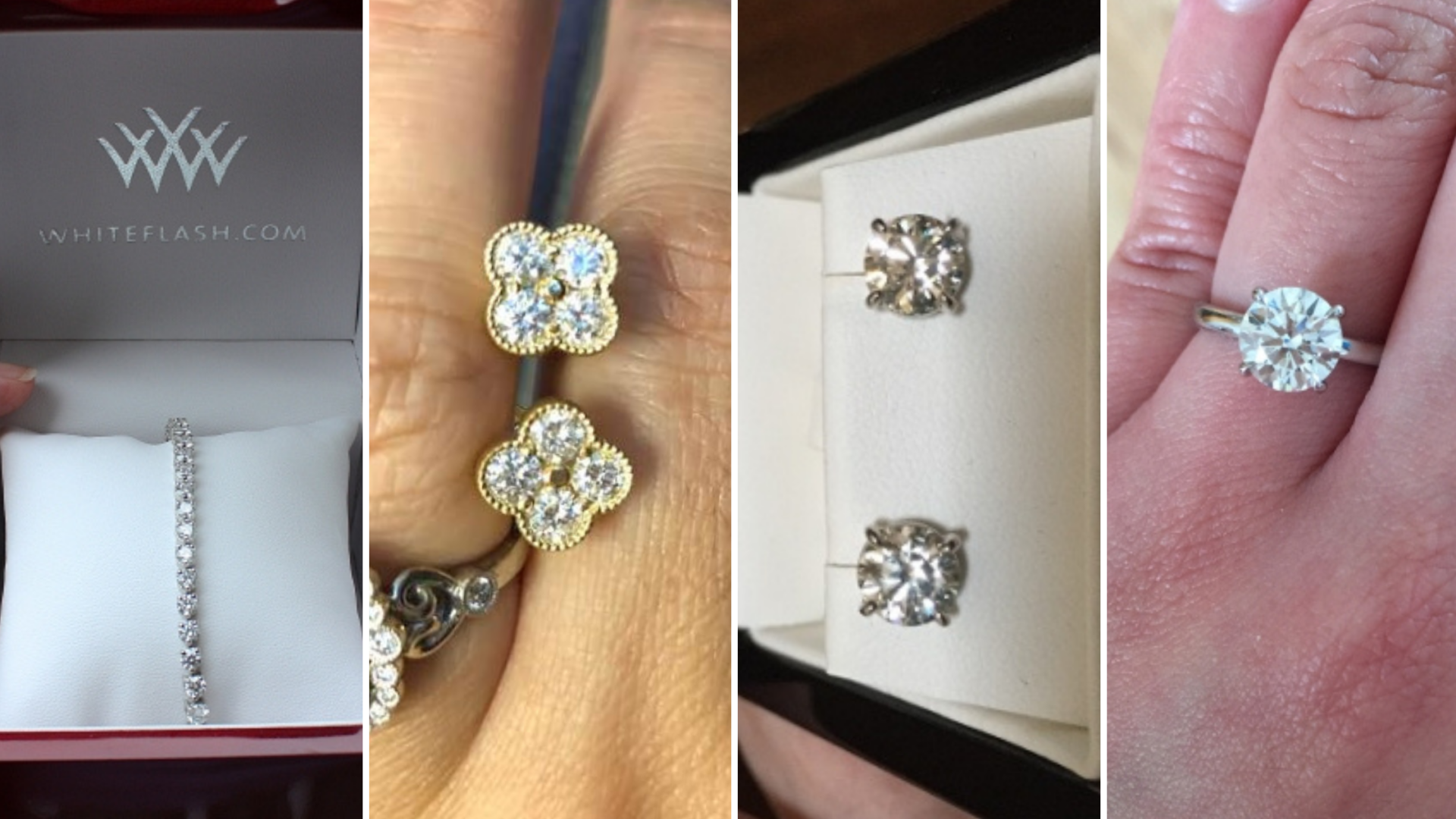gregchang35
Ideal_Rock
- Joined
- Sep 11, 2012
- Messages
- 3,416
Any PS'ers investing in diamonds?
I know that some invest with it in the jewelry pieces, and others dont, and others with fancy coloured diamonds... so i am starting a poll on this..
I know that some invest with it in the jewelry pieces, and others dont, and others with fancy coloured diamonds... so i am starting a poll on this..




300x240.png)